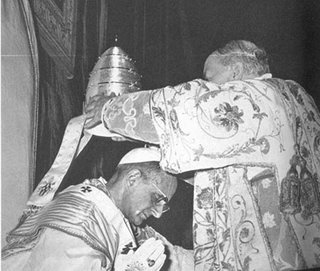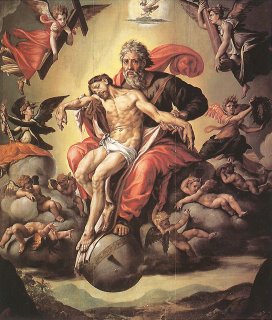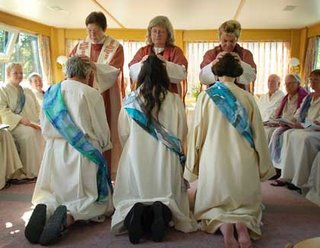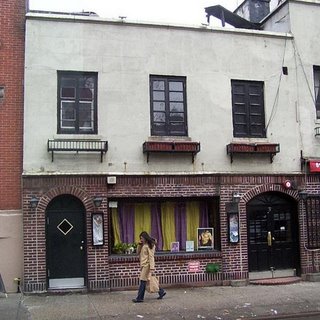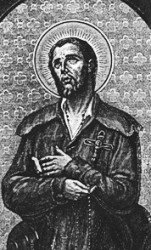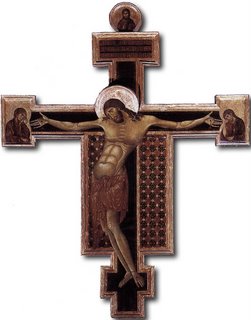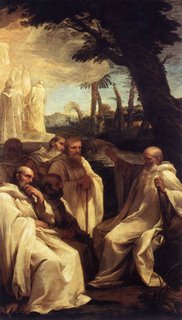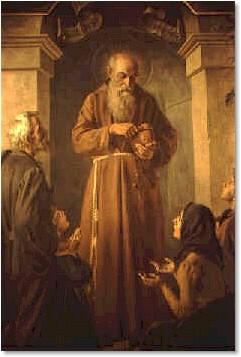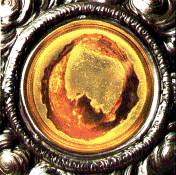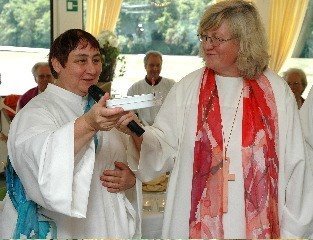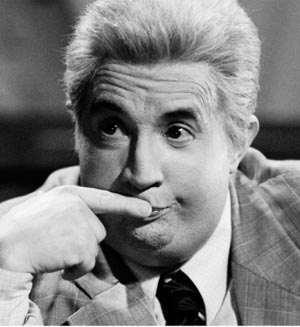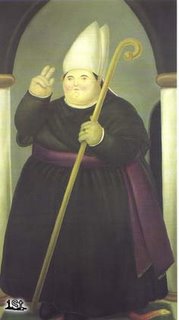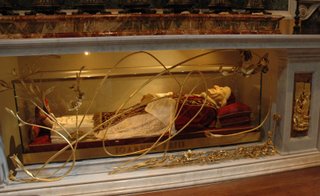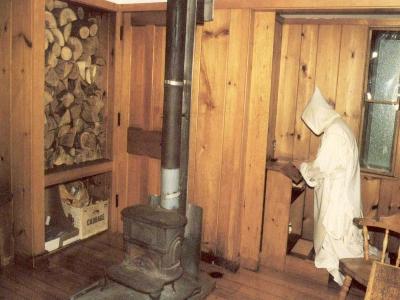
Missionaries of Charity
Four Missionaries of Charity were confronted in India and detained by Hindus as they were going on their regular rounds to visit patients in a hospital. They have been arrested and jailed.
One always imagines the people of India to be so gentle, especially Hindus, who revere cows and animals and believe in reincarnation, why would four little nuns be such a threat? Here's the story from Asia News:
Four Sisters of Mother Teresa imprisoned on proselytism charges
The four Missionaries of Charity were harassed and imprisoned on proselytism and conversion charges. The archbishop of Hyderabad told AsiaNews about their complete dedication to the poor and called for an in-depth inquiry into what happened.
Hyderabad (AsiaNews) – A crowd of Hindu fanatics set upon four sisters of Mother Teresa in a hospital and had them arrested by local police on charges of proselytism and conversion of the sick.
Archbishop Oswald Gracias, President of the Catholic Bishops Conference of India told AsiaNews: “This tragic attack on the nuns of Mother Teresa is shocking and has to be condemned in the strongest terms. This is all the more so because these nuns are known all over the world for their altruism and dedication to the poor.”
The four Missionaries of Charity were attacked on 25 June as they went about their weekly visit in a hospital in the city of Tirupati – a Hindu pilgrimage place – in the southern state of Andhra Pradesh. The four sisters, all aged around 35, were in the government hospital of Ruia, where they usually spend time with patients who are terminally with AIDS. A group of around 50 fanatics of the Hindu Dharma Parirakshana Samithi [group for the defence of the Hindu religion] broke into the hospital, blocked the four sisters and accused them of trying to convert patients.
The crowd swelled rapidly and soon there were around 300 people. They forced the sisters to remain in the hospital until 8.30pm. Then police officials arrived and took the women to the local police station.
Mgr Marampudi Joji, Metropolitan Archbishop of Hyderabad, told AsiaNews: “The sisters have official government permission to do visit the wards, which they have done every Sunday for the past 20 years. The sisters, in agreement with the hospital administration, have welcomed these dying patients into their homes, where they can die surrounded by dignity and love.” [Snip]
I know in the past some of Mother's nuns have been killed, I do not kow if they are classified as martyrs however. St. Francis of Assisi saw martyrs from his Order within his lifetime. The slap on the face we used to receive at Confirmation was a sign of what we could expect for our witness to Christ and the Gospel. The red vesture of a Cardinal is to signify his readiness to die for Christ. There are so many symbols of martyrdom in Catholic life, and the possibility is no longer unlikely for any Christian anywhere in the world.
Here is another story I found, an anecdote from the life of Blessed Mother Teresa, I guess it shows that there have been troubles from the beginning:
Sister Andrea tells the story of Mother Teresa and the Kali temple in Calcutta. “The temple is a Hindu temple, and Mother and the sisters were there helping the poor and dying. This upset the locals, that someone of another faith would be in a Hindu temple helping Hindus, and the local people called for an official to remove Mother. The man arrived and entered the temple to find Mother washing a dying man and sisters helping various people. The official walked out on the steps of the temple and addressed the people: ‘Tomorrow when I return, if I see your wives and sisters doing the work of Mother Teresa, then I will throw her out of the temple.’” (Needless to say Mother and the Sisters were never thrown out. Perhaps these Sisters today will be exonnerated as well.)
I the meantime, let's pray for our sisters, the Missionaries of Charity, on this the feast of the First Holy Martyrs of the Church of Rome. The Missionaries are an extraordinary group of very holy and courageous women. Holy Mother Teresa of Calcutta, pray for your daughters, be with them and comfort them in their trials.


